Welcome to Flamingos Class Summer 1
English
Our text for this half-term is Odd and the Frost Giants by Neil Gaiman.

Odd, a young Viking boy, is left fatherless following a raid. In his icy, ancient world there is no mercy for an unlucky soul with a crushed foot and no one to protect him. Fleeing to the woods, Odd stumbles upon and releases a trapped bear...and then Odd's destiny begins to change.
Pupils will be exploring the following writing genres:
Narrative recount, character and setting descriptions, letters, short explanations
Key grammar covered will be: Direct speech punctuation, root words, synonyms, verbs, present perfect tense form, adverbial phrases, summarising, paragraphing, possessive apostrophes, subordinating conjunctions, noun phrases.
Direct Speech Punctuation: It is important that pupils are able to use direct speech punctuation correctly in order to achieve Age-Related Expectations in their SATs in year 6.

Useful website: https://www.bbc.co.uk/bitesize/articles/zhqh92p
Root Words: Root words are the base words before prefixes and suffixes are added. These words are used to form other words. For example, "happy" is a root word, and adding "un" (prefix) makes "unhappy". Recognizing root words helps with spelling and understanding the meanings of new words.
Synonyms: Synonyms are words with the same or similar meaning. Carefully choosing a synonym to replace a word can create better sentences and improve writing.
e.g; happy, cheerful and merry
sad, miserable, heartbroken
Useful website: https://www.bbc.co.uk/bitesize/articles/z8t8pbk#z79ms82
Nouns: A noun is the name of a thing, such as an object, a place, or a person. Nouns are often described as naming words. There are different types of nouns, such as: concrete, abstract, proper and collective.
Useful website: https://www.bbc.co.uk/bitesize/articles/znddqhv#zdttm39
Verbs: Verbs are action or doing words that describe what someone or something is doing, or their state of being. They are essential parts of a sentence, helping to show what's happening. Verbs can be used to describe actions, like "running," or a state of being, like "is" or "feels".
Useful website: https://www.youtube.com/watch?v=4VZ6I3gVKk0
Present Perfect Tense: The present perfect tense in Year 4 focuses on actions that started in the past but have a connection to the present. It's formed using "have/has" + the past participle of the main verb. For example, "She has lived here for two years". It's often used to talk about experiences, completed actions with a present result, or actions that started in the past and continue into the present.
Useful website: https://www.youtube.com/watch?v=yP1aVdexres
Adverbial phrases: An adverbial phrase is a group of two or more words which act together like an adverb to add further detail to a verb, adjective, or other adverbs in a sentence. For example: John ate his breakfast extremely quickly.
Useful website: https://www.youtube.com/watch?v=18sXFjb0TFc
Summarising: involves retelling the key parts of a text in a concise manner, focusing on the main events and important information. It's about identifying the most crucial details and expressing them in your own words, making the information easier to understand and remember.
Useful website: https://www.youtube.com/watch?v=nqX9Z5sFVTc
Paragraphing: Paragraphs are a collection of sentences.They are used in writing to introduce new sections of a story, characters or pieces of information. Using paragraphing helps readers to enjoy what has been written because they break text up into easy-to-read sections.
As a rough guide, we use TiPToP to know where to paragraph within longer pieces of writing.
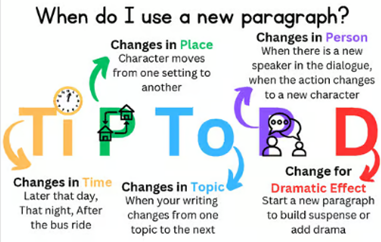
Possessive Apostrophes: Possessive apostrophe shows that something belongs to or is connected to something else.
e.g;
The cat's tail was fluffy.
The 's' shows that the tail belongs to the cat.
Useful website: https://www.bbc.co.uk/bitesize/articles/zx9ydxs#zkqmfdm
Subordinating Conjunctions: A conjunction is a word, or words, used to connect two clauses together. Words such as 'although', 'because' or 'when' .
A subordinating clause is a part of a sentence that adds additional information to the main clause.
A subordinating conjunction is simply the word/words that is used to join a subordinating clause to another clause or sentence. For example:
He was annoyed, the train had stopped.
By adding 'because' we can link the subordinating clause "the train had stopped" with the main clause "He was annoyed".
He was annoyed because the train had stopped.
Useful website https://www.bbc.co.uk/bitesize/articles/zqk37p3
Spelling
This is taught three times per week and pupils are tested on Mondays. The spelling sheet for each half term is uploaded to Class Dojo.
Handwriting
This is taught three times per week. It is important that pupils form and place letters correctly and that they develop a cursive, fluent and legible handwriting style. Pupils will receive their pen licence once they can do this consistently.
Drama Production
Some of our English lessons will be devoted to rehearsals for our forthcoming production of The Shirt, a musical by Barry Hart and Anna and Paul Cookson.
This musical, created specifically for schools, is a modern take on the parable of the Good Samaritan which the children learned about during recent SEAL sessions.
With an uplifting and toe-tapping musical score, The Shirt is a heartfelt and powerful way of exploring the importance of loving your neighbour and an effective way to challenge intolerance and discrimination.
The story follows the main character, a young football enthusiast on their birthday. After receiving a Reds football shirt as a gift, they proudly wear it to a match, but despite the team winning, things don’t quite go to plan! Ultimately, the story highlights themes of resilience, kindness, and the unexpected connections formed during tricky times.
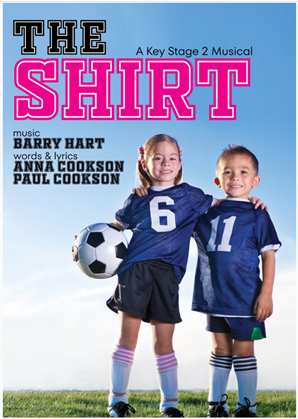
Mathematics
This half-term, we will continue our work on decimals, with a focus on comparing, ordering and rounding.
A way of using decimal numbers in real life is the use of money. Pupils should be familiar with British currency and be confident in calculating using amounts displayed as prices, using two decimal places, tenths and hundredths. Any opportunity to use money in real life situations will increase their confidence.
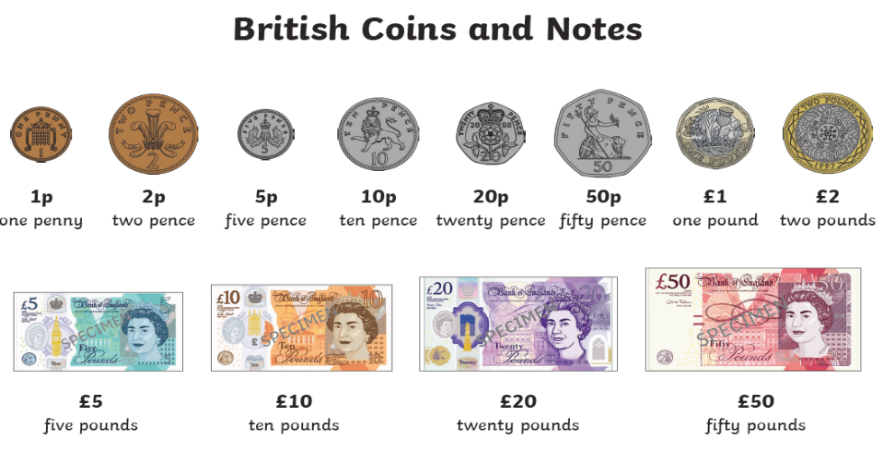
Multiplication Tables Check:
Secure knowledge and fast recall of their timestables and related division facts is essential, both for supporting many other areas of mathematical study, but also as an important life skill.
The Multiplication Tables Check (MTC) is a key stage 2 assessment to be taken by pupils at the end of year 4 (in June). The MTC’s purpose is to ensure the times tables knowledge is at the expected level. In the 2024/2025 academic year, the multiplication tables check (MTC) is statutory for primary schools.
It is an online test where the pupils are asked 25 questions on times tables 2 to 12. For every question, you have 6 seconds to answer, and in between the questions, there is a 3-second rest. Questions about the 6, 7, 8, 9, and 12 times table come up more often. The questions are generated randomly based on the rules of the MTC.
How to prepare: A good way to prepare is to start early and build a daily routine practising the times tables. With regular practice, pupils will learn all the questions and gain confidence. We suggest practising 10 to 15 minutes a day for optimal results.
Useful Website: https://www.timestables.co.uk/multiplication-tables-check/
ART
In our art lessons, we will be exploring design. The generally recognised elements of art include line, shape, form, space, light, texture, and colour. Design, or composition means how these elements, or ingredients in the work of art work together to make a coherent whole.
We will be looking at the work of Henri Matisse, such as The Fall of Icarus and Les Codomas (Two Famous Trapeze Artists).
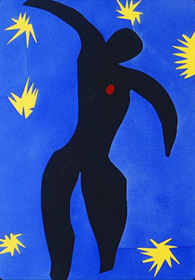
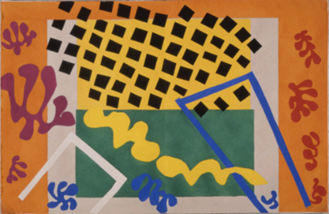
We will also be studying The Scream by Edvard Munch:

Computing
This lesson will be taught by Ms King on Wednesday afternoons.
Data logging refers to using special devices, often called data loggers, to collect and store information about changes in the environment over time. These devices help monitor things like temperature, light, or sound using sensors and then store the collected data for later analysis. This process allows students to explore how things change and develop an understanding of cause and effect.
In this unit, pupils will consider how and why data is collected over time. Pupils will consider the senses that humans use to experience the environment and how computers can use special input devices called sensors to monitor the environment.
As always, there will be a lesson and continued focus on safety.
Drama
Drama will be used as a strategy to teach and embed across a range of subjects. This will include hot-seating, role-play, conscience ally, freeze framing, thought tracking, teacher in role, flashback and flash forward questioning.
In addition, we will be rehearsing for the Lower Key Stage 2 production (see above for details!)
French
With the Eurovision Contest coming up in May, our French work will be linked to this yearly event. Our work will enable pupils to use French to;
- say the names of musical instruments.
- say which types of music they like and don’t like.
- discover more about France and other European countries.
- write and perform simple songs.
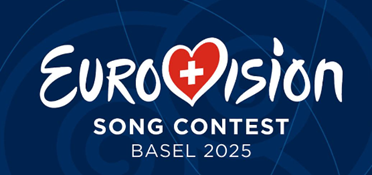
Geography
This unit builds on previous knowledge of regions of the UK from Year 2 (British Isles) and Year 3 (The South West) and introduces London and the South East of England. Children will build on this knowledge in Year 5 when they study East Anglia, the Midlands, Yorkshire and Humberside. Children will build knowledge of the counties and cities of the UK, their geographical regions, human and physical characteristics and topographical features.
During this unit, children will use an atlas to identify key places within the region, including London, Dover, Canterbury and Brighton. In addition, they will look at regional proximities, including the location of France across the English Channel from the south-eastern coast of England.
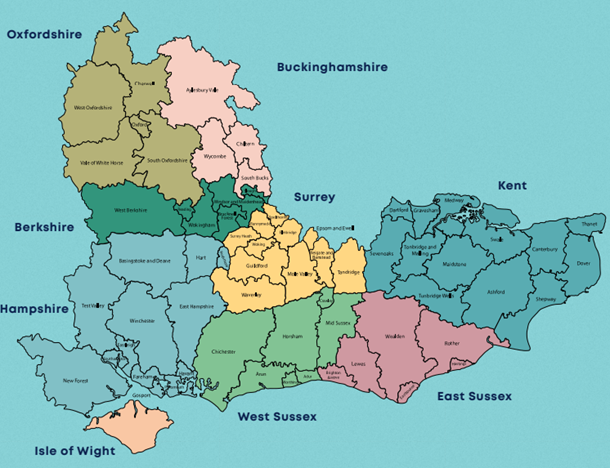
History
Pupils will continue to study the Stuart period of history. The aim is to support children to develop a chronologically secure understanding of this significant period of British history by diving deeper into the changing role of the monarchy during the 17th century.
Significant events during this period include the English Civil War, the Restoration period, The Great Plague of 1665 and The Great Fire of London 1666.
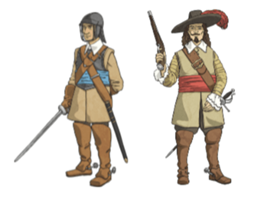


Useful website: https://www.primaryhomeworkhelp.co.uk/timeline/stuarts.htm
Plague: https://www.youtube.com/watch?v=LBvOZO1gmOE
Fire of London: https://www.youtube.com/watch?v=QSfMmsJUBjE
Life Skills
Alongside our SEAL work, we will be exploring what skills we need to be a good friend. This unit of work also includes RSE work. The focus of this work is to enable pupils to develop the fundamental building blocks and characteristics of positive relationships, with particular reference to friendships, family relationships, and relationships with other children and with adults. The RSE lessons focus on changes that occur during puberty and the basic facts about pregnancy. You will have received a letter regarding the year 4 content of the RSE lessons.
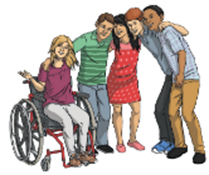
Music
This half-term, we will be exploring expression and improvisation. Improvisation is a way to express our feelings. Music comes from our hearts. Pupils will be learning to make their improvisation more expressive by adding dynamics.
Songs in this unit are: Train Is A-Comin’, Oh Happy Day and A World Full of Sound.
P.E.
Tuesday’s PE session, led by Mrs McCaghrey will be athletics. Thursday’s PE session will be rounders, led by Ms Hodges. Both sessions will be outdoor lessons, weather permitting.
For all PE sessions, it is essential that pupils have the correct kit, that long hair is tied back and that all jewellery is removed (or earrings taped up).
For our outdoor sessions, pupils should have a pair of trainers or similar (not their school warm shoes) and suitable outdoor clothing. They will not enjoy their PE lessons if they are too hot or too cold.
R.E.
Our RE sessions ask the question, “What is the best way for Jewish people to show their commitment to God?”. Pupils will discuss important milestones in their own lives before comparing their experiences with Jewish children. They will learn about Bah and Bat Mitzvah ceremonies, synagogues and important festivals in the Jewish faith.

Science
This lesson will be taught by Ms King on Wednesday afternoons.
In this unit, children will learn about the main parts of the water cycle, including evaporation, condensation, precipitation and collection. They will learn about each part in detail before piecing them all together to complete the cycle. This approach will support their vocabulary development over time, focussing on each scientific process before stepping back and seeing the cycle as a whole.
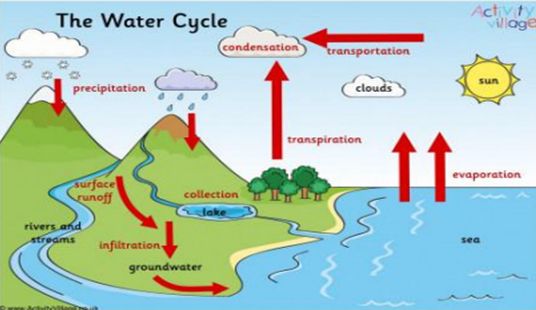
Useful website: https://www.bbc.co.uk/bitesize/topics/zdpjs82

